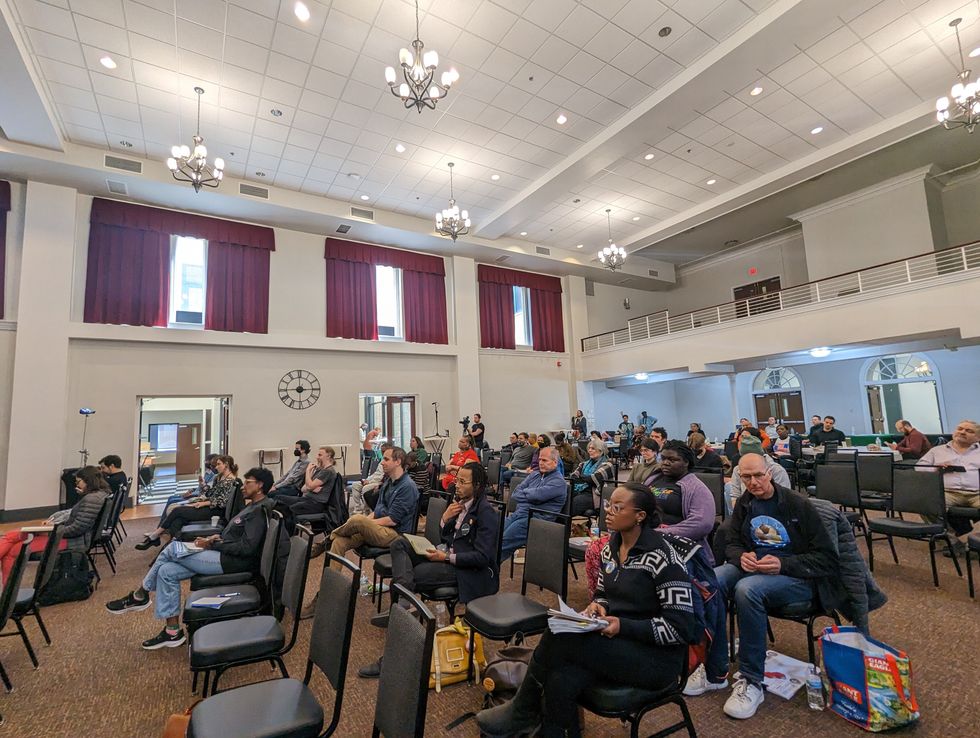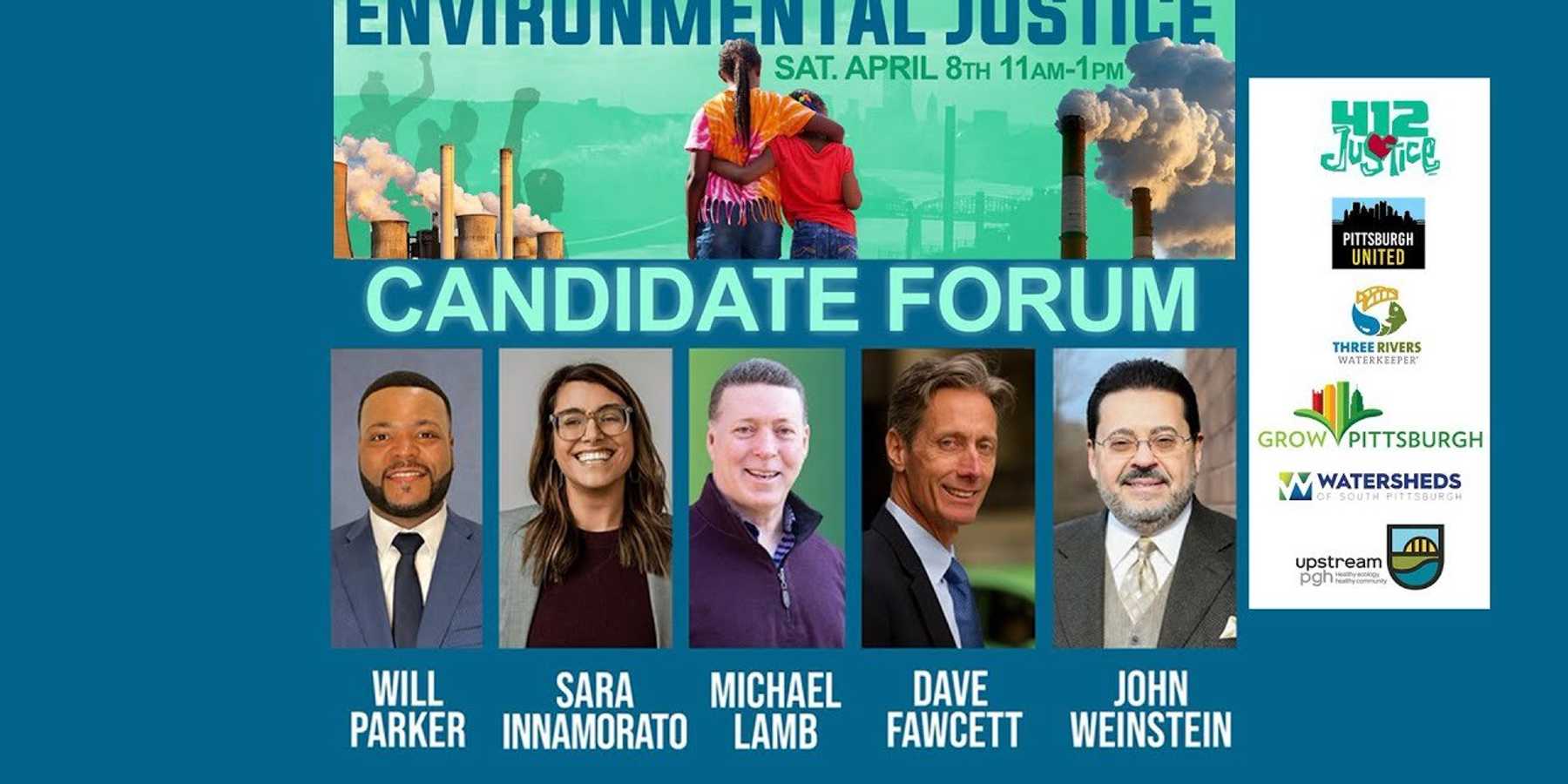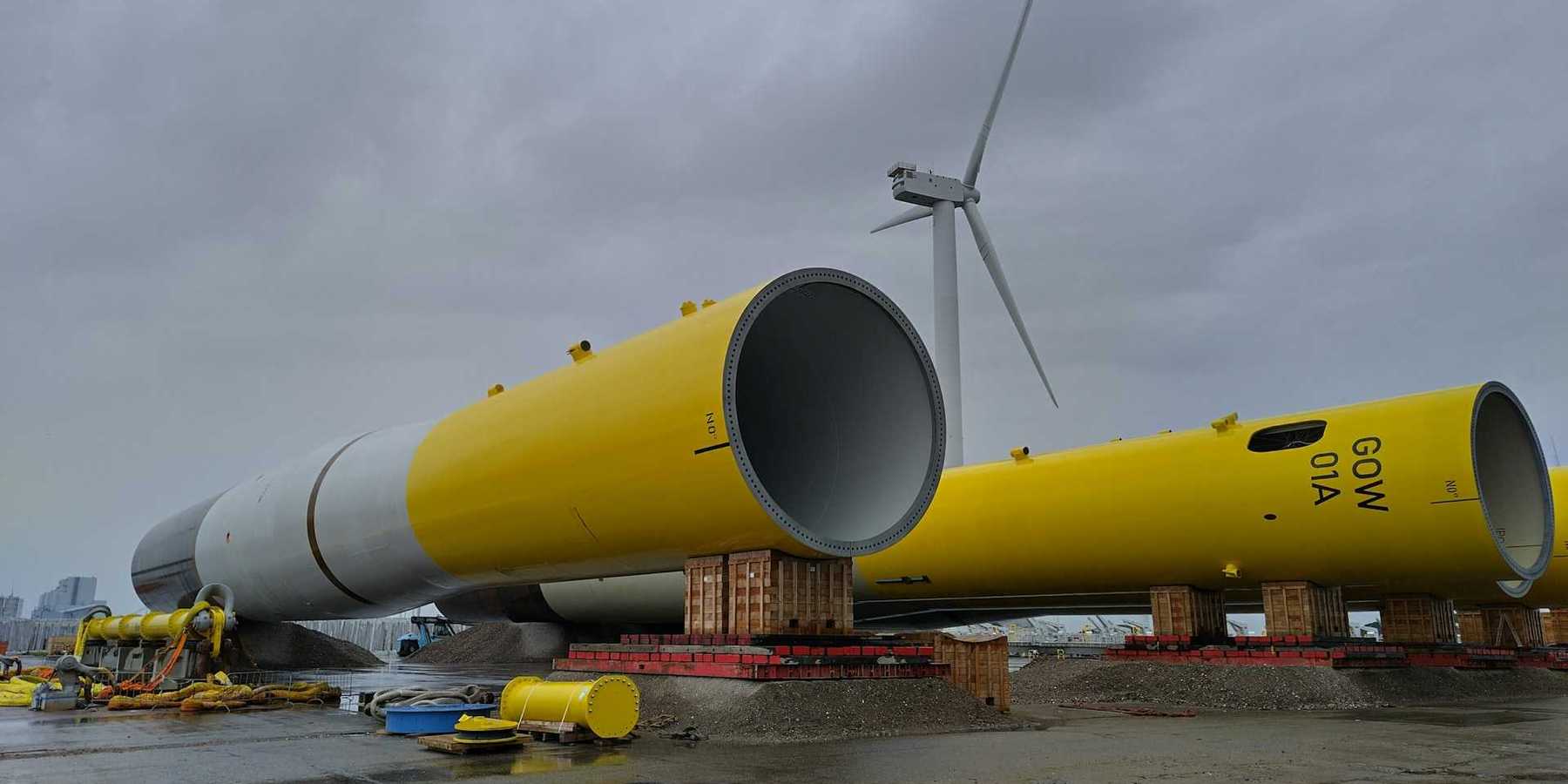Here’s how candidates for Allegheny County Executive plan to tackle environmental injustice
Four of the candidates say they’d support a ban on fracking in Allegheny County.
PITTSBURGH — On Saturday, five of the seven candidates running for Allegheny County Executive participated in a community forum on environmental justice, discussing some of the most pressing issues facing residents, including air pollution and fracking.
The event marked the first time the candidates have discussed environmental issues in a public forum. The candidates shared their views on everything from air pollution and water contamination to safe housing, stormwater management, food justice, blight and community land use.
Allegheny County encompasses Pittsburgh, and the county executive oversees many agencies that impact the daily lives of the county’s 1.2 million residents, including the Allegheny County Health Department, which is responsible for air quality.
The region faces numerous environmental justice issues, including higher than average rates of asthma and cancer, particularly in low-income neighborhoods near major polluters, which are home to substantial portions of the region’s communities of color.
All of the candidates running were invited. John Weinstein, Sarah Innamorato, Will Parker, Michael Lamb and Dave Fawcett attended, Theresa Sciulli Colaizzi and Joseph Rockey did not. Rockey is the sole Republican running; all other candidates will face off in a Democratic primary on May 16 before the election in November.

Local health and environmental advocacy groups submitted the questions. Two candidates answered each question, while the remaining candidates were given the opportunity to respond in writing to questions they didn’t get to answer during the forum. Those written responses will eventually be shared online by the environmental justice advocacy group 412Justice (we’ll update this story with a link once it’s available).
The first question asked the candidates how they’d revamp the county health department to make it more responsive to community environmental justice needs.
“We need folks appointed to our board of health that have public health experience, we need climate scientists and, most importantly, we need to include folks from environmental justice communities that have that lived experience,” said Innamorato, Pennsylvania state representative for District 21, which includes Etna, Millvale and Pittsburgh neighborhoods including Lawrenceville and the Strip District.
Fawcett, a trial attorney who served two terms on Allegheny County Council more than a decade ago, didn’t address environmental justice communities, but said that if elected, he’d establish a department of legal experts responsible for enforcing clean air regulations and remove that responsibility from the board of health, which he believes should be made up of physicians.
“The Mon Valley community is hit the hardest [by air pollution],” said Parker, a mobile delivery app developer, in response to a question about how to best improve the region’s air quality, particularly in environmental justice communities. “A lot of people are affected when it comes to their health…their mental health and physical health, and we need to…come down on [polluters].” Parker added that he would focus on stricter permitting for polluting facilities, said he’d support shutting down polluters that regularly violate clean air laws, and said he’d focus on green jobs.
Weinstein, who currently serves as county treasurer, said the Board of Health should include representatives from communities impacted by air pollution and said he’s spent time speaking with residents in Clairton, which is home to the largest polluter in the region, U.S. Steel’s Clairton Coke Works, and regularly sees some of the worst air quality in the country. “There are a lot of jobs affected by this, and we have to find that balance of protecting the environment and the workforce as well,” he added.
When it comes to protecting residents from harms like lead poisoning and toxic substances in their homes, Innamorato said she’d implement a countywide rental registry for better oversight of property-owners to ensure they’re not subjecting renters to harmful substances like lead, radon and mold. She also talked about using state funding to pay for home repairs and weatherization, prioritizing environmental justice communities, and ensuring that the county health department is adequately staffed to perform home inspections.
Lamb, who currently serves as county controller, talked about his role in getting the Pittsburgh Water and Sewer Authority (PWSA) to replace lead pipes. He talked about the importance of working with landlords and homeowners. “I actually don't think we can do this without a new partnership with our municipal governments. We have to be able to drive that change and do it in a way that allows them to follow through on it.”
Asked about public transit and helping Pittsburghers reduce their carbon footprints, Fawcett talked about the importance of increasing public transit ridership, saying he’d taken the bus for 30 years, but no longer did because rerouting had turned a 25-minute bus ride from his home downtown into an hour-long ride. He added that he’d like to focus on expanding bike trails and light rail lines.
Asked how they’d address increased flooding driven by climate change, Parker said he’d rely on bringing together the best minds to collaborate and find solutions together. Weinstein, who has served on the board of the Allegheny County Sanitary Authority (ALCOSAN) for 10 years, talked about initiatives he’s already been part of to take responsibility from municipalities for the lines that move stormwater so ALCOSAN can ensure that they’re properly maintained, and said that if elected, he’d continue to partner with the region’s 130 municipalities to continue finding solutions.
The candidates were also asked what measures should be put into place to prevent future train derailments like the one that devastated East Palestine, Ohio. Parker said trains should be required to slow down and maintain certain speed limits through highly populated neighborhoods; and Fawcett said, “we need to reclaim our riverfronts from rail lines…they go right up to the water, our sources of drinking water,” saying he’d move the rail lines back, away from riverfronts.
At the end of the event, candidates were asked a series of yes or no questions.
All of the candidates except for Fawcett indicated that they’d support a ban on fracking in Allegheny County — an issue that has been contentious for current Allegheny County executive Rich Fitzgerald, who unsuccessfully attempted to veto County Counsel’s ban on fracking in county parks in 2022.
The event was hosted by 412Justice and moderated by Matt Mehalik, executive director of the Breathe Project, a collaborative of more than 50 environmental health advocacy groups.
NaTisha Washington, an environmental justice organizer with 412Justice said, “We had a lot of great partners submit a lot of great questions, and I think our candidates were able to answer them thoroughly and we have a good idea of what our candidates feel about these issues, which impact us every day.”
Kristina Marusic is an investigative reporter at EHN.org. Follow her on Twitter at @KristinaSaurusR.
All videos provided by Carmine Bloise, an independent videographer whose work includes documentaries. To see more visit: carminebloise.com.














